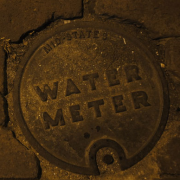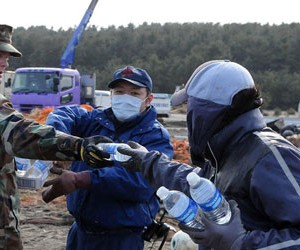The Stream, March 18: Japan and Haiti
Fuel shortages, heavy snowfall and freezing weather are hampering efforts to provide vital supplies of food, water and medicine to survivors of the massive earthquake and tsunami that hit northeastern Japan last week, The Financial Times reports. As the country is battling to douse overheating reactors at the Fukushima nuclear power plant, NPR reminds us what it was like living in an atomic age.
Haiti
And while all eyes are set on Japan, The Economist revisits Haiti more than a year after a 7.0-magnitude earthquake devastated the country, and concludes that Haiti is still in chaos.
Hydropower
Power-hungry Ethiopia plans to start building a major dam along the Nile River to pump up its electricity-generating capacity. The dam, which will produce 5 gigawatts (GW) upon its completion in five to 10 years, is part of the country’s goal to generate 15 GW of power in the next decade.
Oil extraction
Scientists at Penn State University say they’ve discovered a more water-friendly way of extracting oil from tar sands. According to the researchers, the method, which uses ionic liquids to separate oil from sand, consumes very little energy and water, and reduces the risks of water contamination.
Agriculture
Scientists at Stanford University have discovered that heat and drought have a much bigger effect on corn crops than known. Data shows that a temperature rise of 1 degree Celsius (1.8 degrees F) would cause yield losses for 65 percent of the present maize-growing region in Africa. How would climate change affect the corn crops?
The Stream is a daily digest spotting global water trends. To get more water news, follow Circle of Blue on Twitter and sign up for our newsletter.
, a Bulgaria native, is a Chicago-based reporter for Circle of Blue. She co-writes The Stream, a daily digest of international water news trends.
Interests: Europe, China, Environmental Policy, International Security.




Leave a Reply
Want to join the discussion?Feel free to contribute!